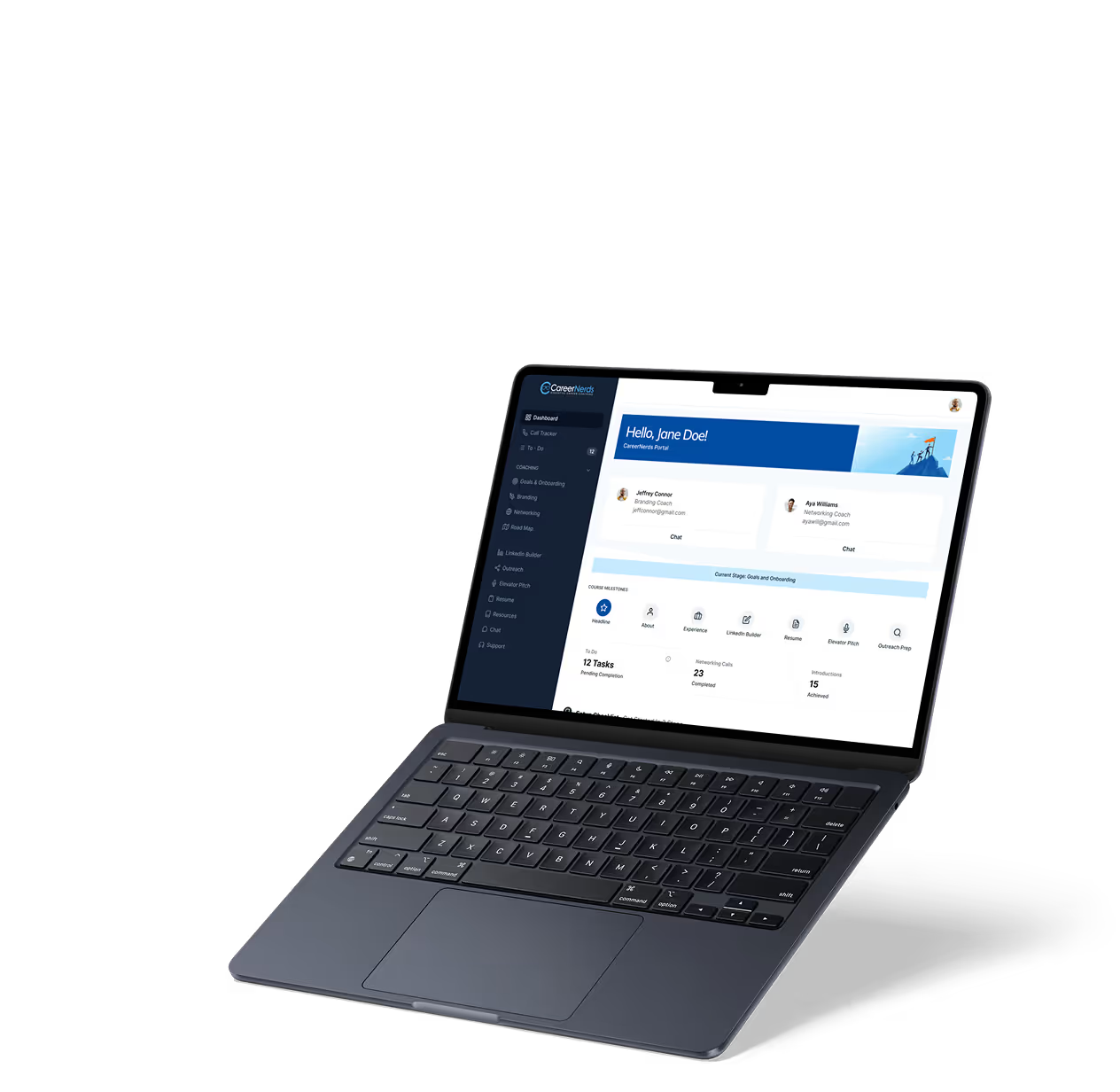Alpha Version in MVP
MVP
Explore what an alpha version in MVP means, its role in product development, and how to use it effectively for early feedback.
Introduction to Alpha Version in MVP
When you start building a new product, you often hear about MVPs and alpha versions. But what exactly is an alpha version in the context of a minimum viable product (MVP)? Understanding this can help you launch smarter and faster.
In simple terms, an alpha version is an early release of your MVP. It’s usually the first working version you share with a small group to test core features. This helps you find problems and improve before a wider launch.
What is an Alpha Version?
An alpha version is the earliest stage of your product that is usable but not complete. It focuses on the main features that solve the core problem you want to address. The goal is to test these features and get feedback.
Alpha versions are often unstable and may have bugs. They are usually shared with internal teams or trusted users who understand the product’s early state. This helps catch issues before the product reaches more users.
- Includes core functionality only
- May lack polish and design details
- Used for initial testing and feedback
- Not intended for the general public
Role of Alpha Version in MVP development
The alpha version plays a key role in MVP development. It acts as the first real test of your product idea. Instead of guessing what users want, you get real data and reactions.
This early testing helps you:
- Identify bugs and technical issues
- Understand user behavior and needs
- Validate core features before adding extras
- Save time and money by fixing problems early
For example, if you build an app with bubble, you might release an alpha version to a small group to test the main workflows. Their feedback guides your next steps.
How to Build an Effective Alpha Version
Creating a useful alpha version requires focus and planning. Here are some tips to help you:
- Define core features: Include only what solves the main problem.
- Keep it simple: Avoid adding extra features or fancy design.
- Test internally: Share with your team or close users first.
- Collect feedback: Use surveys, interviews, or tools like Typeform.
- Fix critical bugs: Prioritize stability for testing.
Using no-code tools like Glide or FlutterFlow can speed up this process by letting you build and update quickly without coding.
Examples of Alpha Versions in No-Code/Low-Code Ecosystem
Many startups use no-code platforms to create alpha versions fast. Here are some examples:
- bubble: Build a simple marketplace with basic listings and messaging to test demand.
- Glide: Create a mobile app prototype from a spreadsheet to test user flows.
- FlutterFlow: Develop a basic app interface with limited features for early user testing.
- Make (Integromat) or Zapier: Automate simple workflows to test integrations before full development.
These tools help you launch an alpha version quickly and gather valuable insights without heavy investment.
Common Challenges with Alpha Versions
While alpha versions are useful, they come with challenges you should be ready for:
- User frustration: Early bugs or missing features can annoy testers.
- Limited feedback: Small user groups may not represent your full audience.
- Scope creep: Temptation to add too many features too soon.
- Communication: Need to clearly explain the alpha’s purpose to testers.
Managing these challenges well ensures your alpha version leads to better product development.
Conclusion: Why Alpha Versions Matter in MVP
The alpha version is a crucial step in building a successful MVP. It lets you test your core idea early, learn from real users, and fix problems before scaling.
By focusing on essential features and using no-code tools, you can create an alpha version quickly and cost-effectively. This approach reduces risk and increases your chances of building a product users love.
FAQs
What is the difference between an alpha version and an MVP?
Who should test the alpha version of a product?
Can no-code tools be used to build an alpha version?
What are common mistakes when releasing an alpha version?
How do you collect feedback during the alpha phase?
Why is it important to limit features in an alpha version?
Related Terms
See our numbers
315+
entrepreneurs and businesses trust LowCode Agency
Investing in custom business software pays off
The team at LowCode Agency didn't just build an app, they transformed how we approach client management. They took the time to understand our methodology and created a solution that enhanced rather than replaced what made us successful.
75%
reduction in time spent on client management through automation
40%
increase in coach productivity within the first month

Tom Kent
,
Founder & CEO
Career Nerds



%20(Custom).avif)